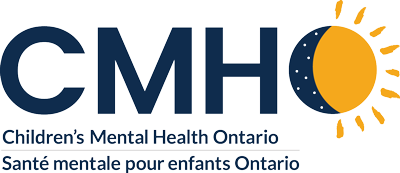The landscape of autism research is undergoing a pivotal transformation, evolving from a traditional medical model towards a more inclusive social model (Pellicano, 2022). This presentation, titled “Neurodiversity and Practicing Neuro-Affirming Care,” delves into the implications of this shift for clinical practice. It invites clinicians to critically examine and challenge the pre-conceived notions and assumptions that have historically influenced their approach to care. Centered on the principles of the neurodiversity movement, the presentation aligns with the ethical framework provided by the College of Psychologists of Ontario (CPO), underscoring the congruence between ethical practice and neuro-affirming strategies. Furthermore, attendees will be introduced to practical tools and insights from neurodivergent content creators, empowering them to cultivate a more inclusive and supportive practice. By adopting these strategies, clinicians can ensure their services remain relevant, effective, and ethically grounded in a rapidly evolving scientific and social landscape.
Learning Objectives
- Describe how Autism research is shifting.
- Identify and differentiate between the Medical Model and the Social Model of Disability.
- Identify ethical considerations within the medical model of disability.
- Define Neurodiversity.
- Identify actions to promote a neuro-affirming practice.
Presenter:

